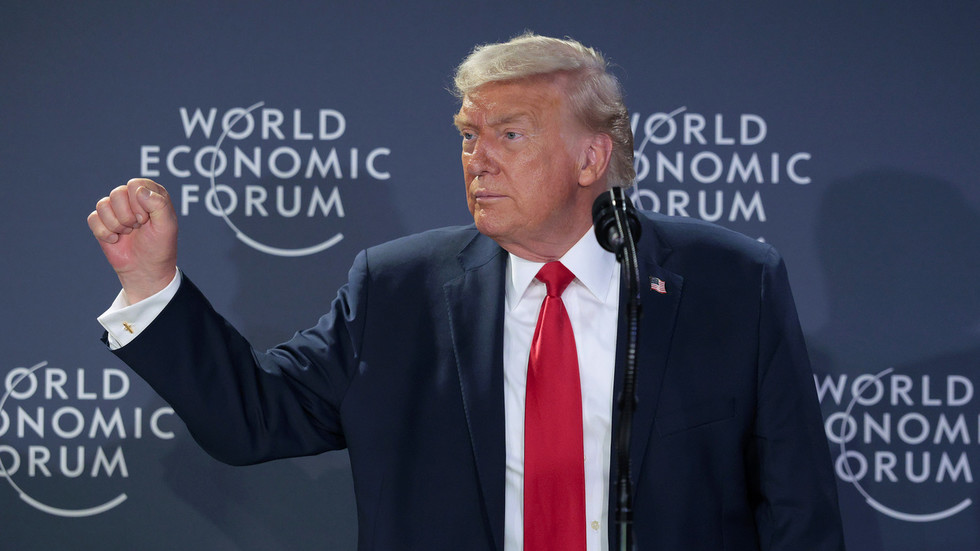Renowned former Central Bank of Nigeria Governor, Lamido Sanusi, has called for a thorough audit of the Nigerian National Petroleum Company Limited (NNPCL) as a vital step towards resolving Nigeria’s enduring foreign exchange crisis. Speaking at the ongoing Bank Directors’ Summit in Abuja, Sanusi emphasized the urgent need to uncover the factors contributing to the forex challenges and reiterated the critical role of NNPCL in addressing this pressing issue.
Sanusi’s insistence on the scrutiny of NNPCL has historical significance, as he declared that raising similar concerns during his tenure as CBN governor ultimately led to his suspension. Undeterred by this experience, he remains resolute in his quest for transparency and accountability within NNPCL, emphasizing the company’s pivotal role as the principal source of the country’s foreign exchange. “We need to shine a light on the NNPCL,” Sanusi emphasized. “Where are the dollars? We need to address the fundamental question: why is there no money coming in?”
The former CBN governor also highlighted the urgency of appointing a substantive minister of petroleum to effectively oversee NNPCL’s operations and rein in any potential excesses. Sanusi cautioned against the President concurrently holding the position of petroleum minister, citing the need for a designated individual to provide oversight and be held accountable by the Nigerian populace. This call for ministerial oversight is underscored by Sanusi’s belief that the absence of a separate minister has resulted in a lack of accountability and oversight within the petroleum sector.
Notably, Sanusi’s sentiments resound with wider implications for Nigeria’s economic landscape, echoing concerns about the transparency and auditability of NNPCL. As Nigeria continues to grapple with forex challenges, Sanusi’s call for a comprehensive investigation into NNPCL has broader implications for the nation’s economic stability and growth trajectory. By shedding light on these critical issues, Sanusi seeks to propel Nigeria towards a path of fiscal transparency and sustainable economic development.
It is worth noting that the issue of the President concurrently serving as the minister of petroleum has persisted through successive administrations, raising pertinent questions about the necessity of appointing a dedicated minister to provide essential oversight within the sector. Sanusi’s advocacy for this crucial ministerial position reflects a broader imperative for enhanced governance and accountability within Nigeria’s vital petroleum industry.
Sanusi’s unwavering determination to address these fundamental challenges within NNPCL underscores the critical need for transparency and oversight in Nigeria’s economic landscape. His stance reverberates as a clarion call for accountability and thorough scrutiny, signaling a resolute commitment to fostering sustained economic stability and development.
By championing transparency and accountability within NNPCL and advocating for ministerial oversight, Sanusi’s voice resonates as a catalyst for positive change within Nigeria’s economic sphere, inspiring a renewed commitment to governance and transparency.



